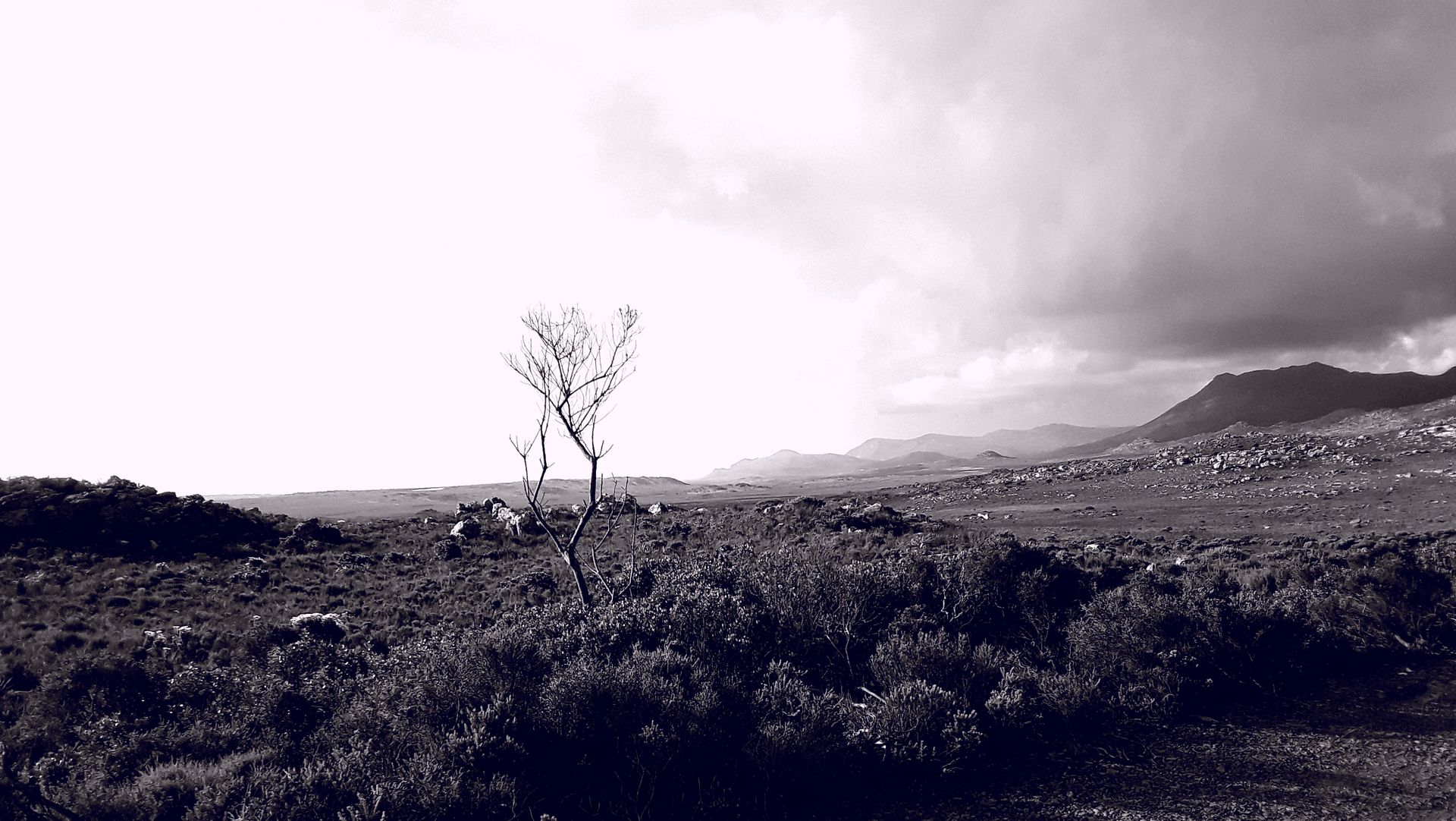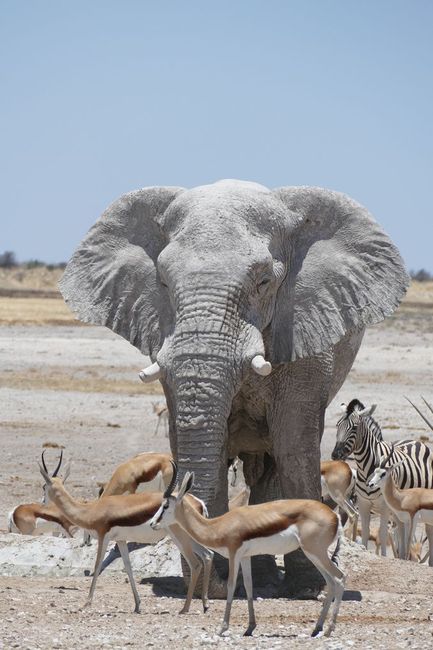Back in Argentina
Cyhoeddwyd: 28.05.2018
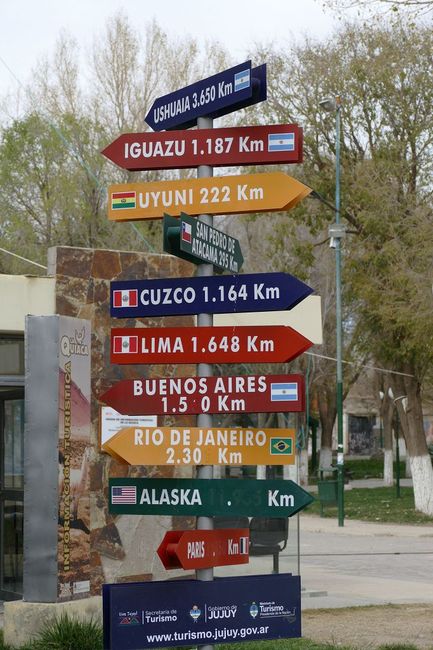
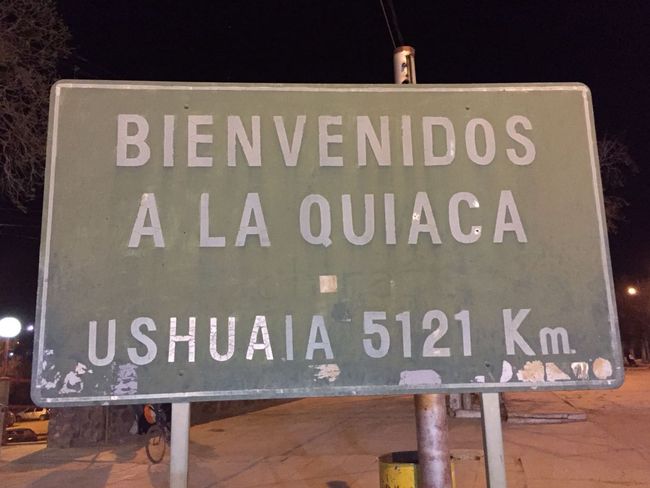
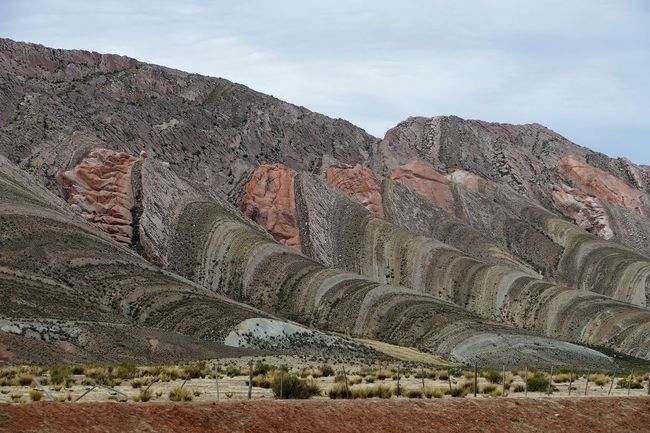
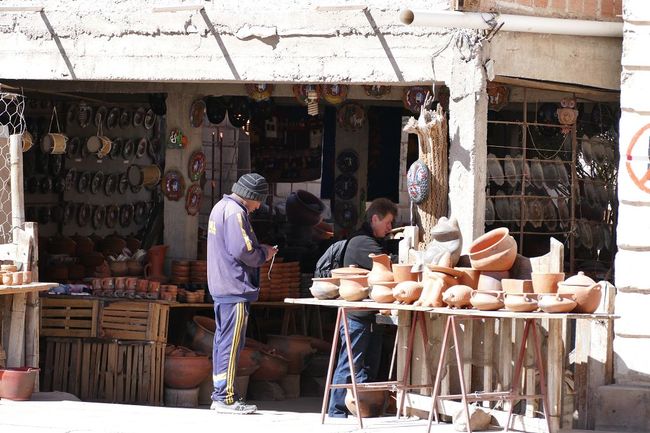
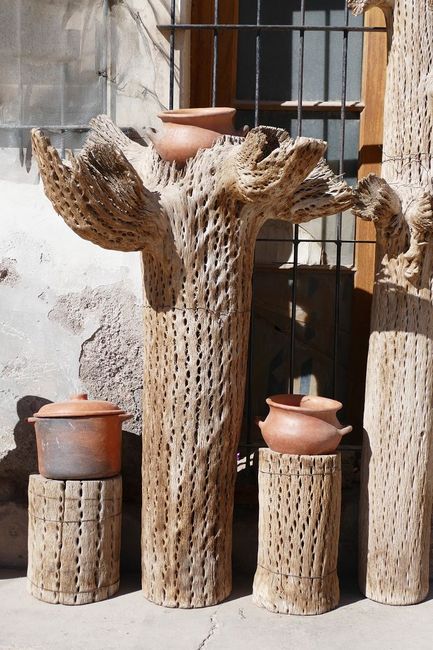
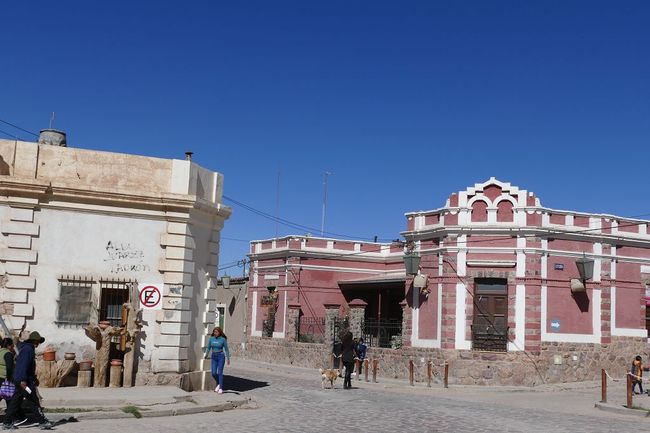
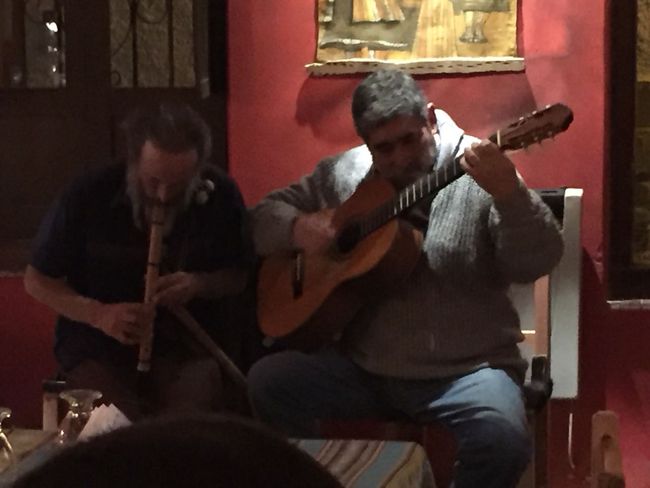
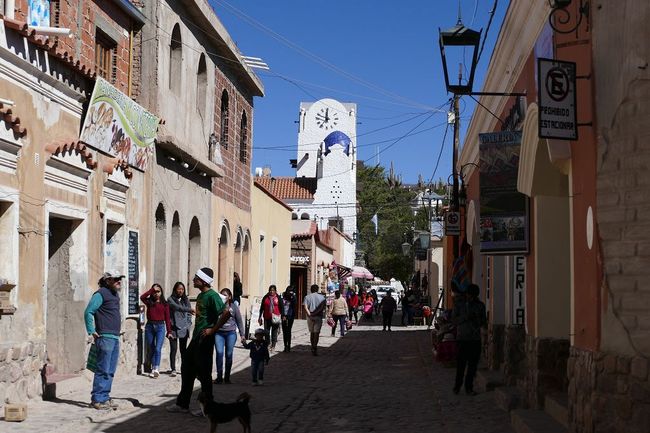
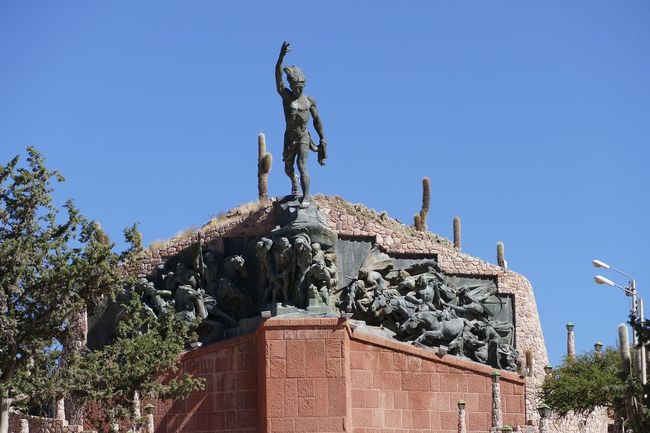
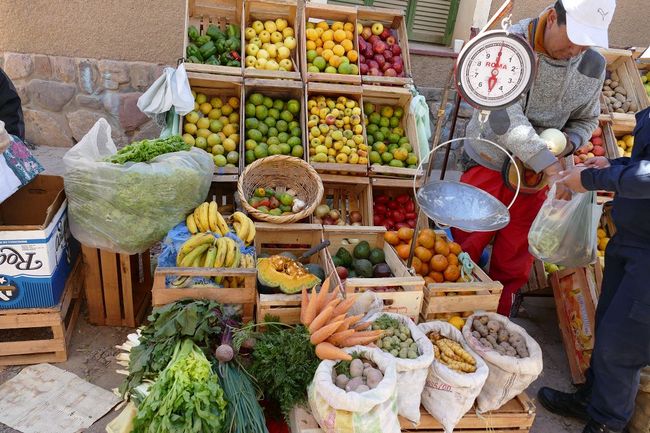
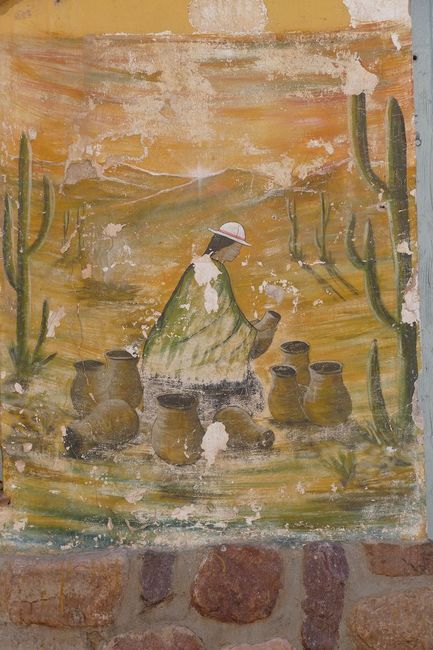
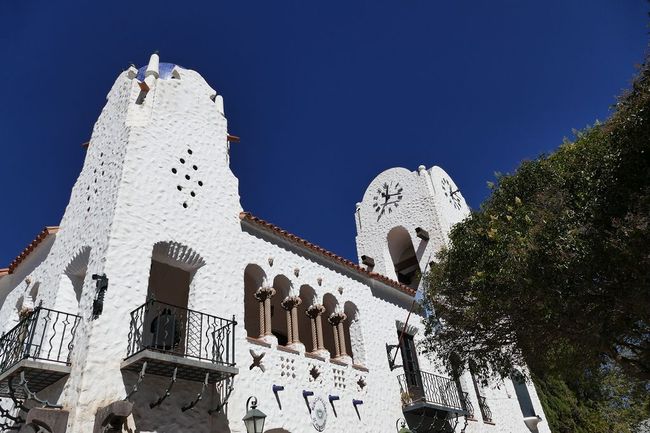
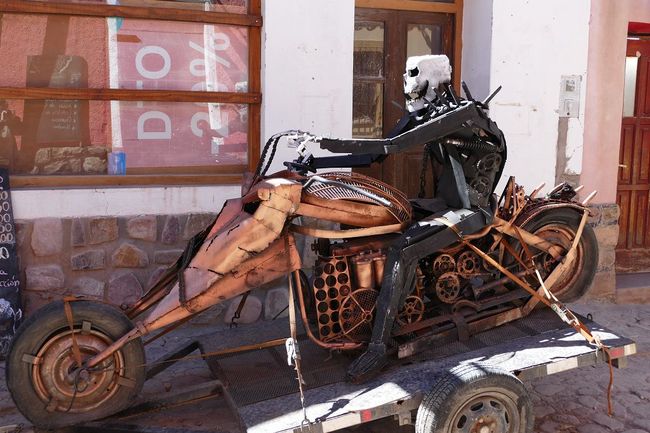
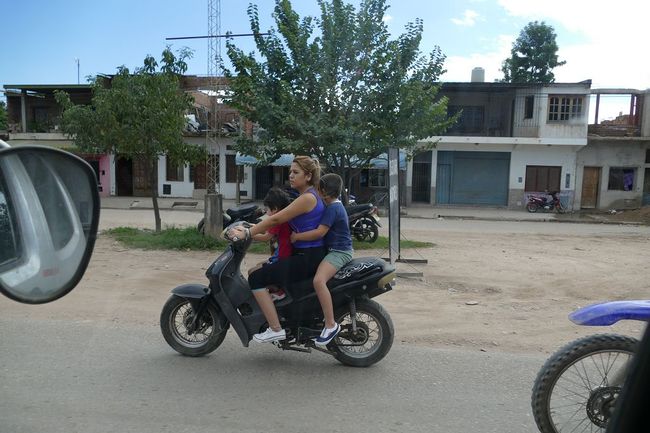
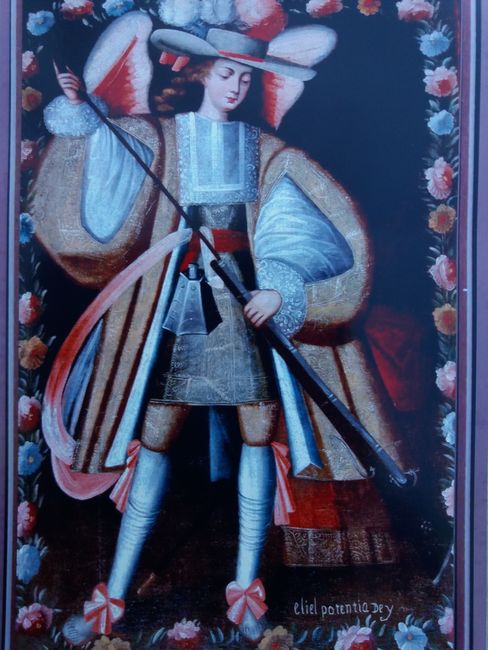
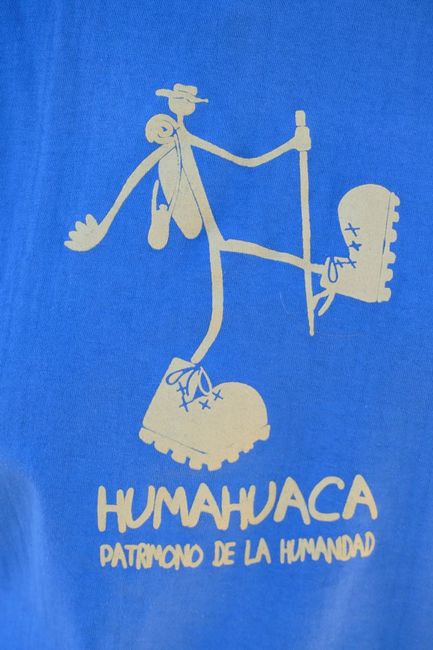
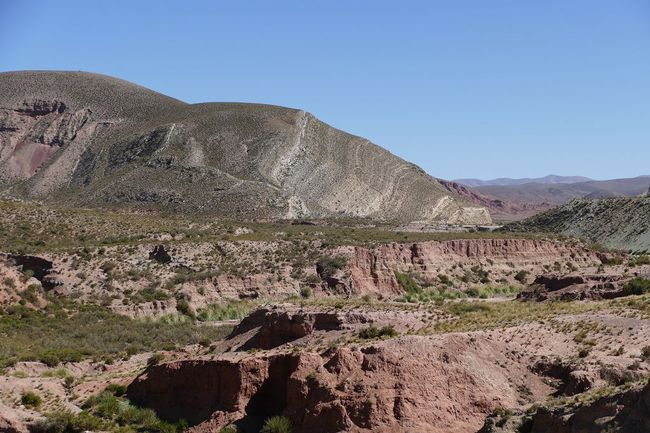
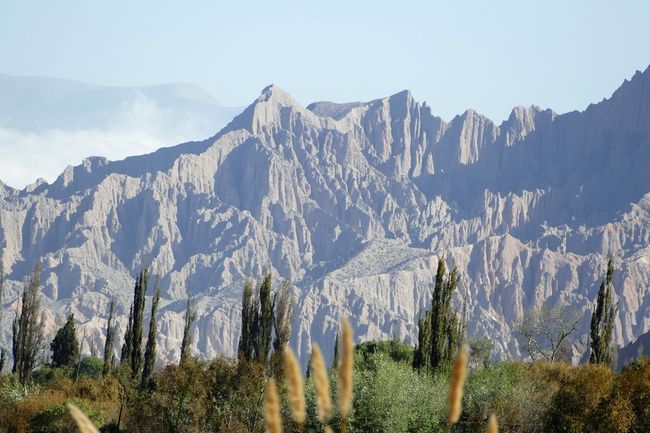
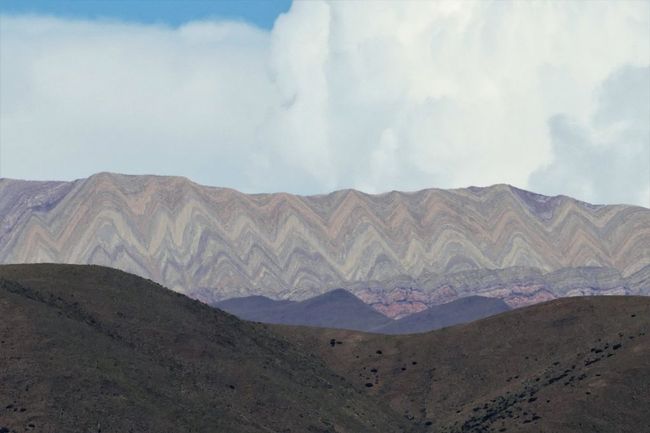
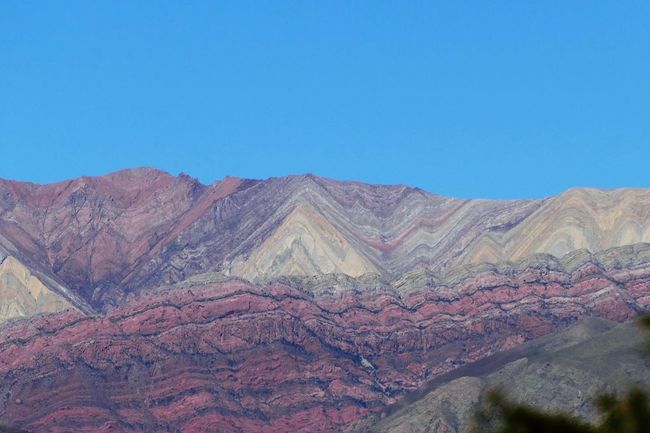
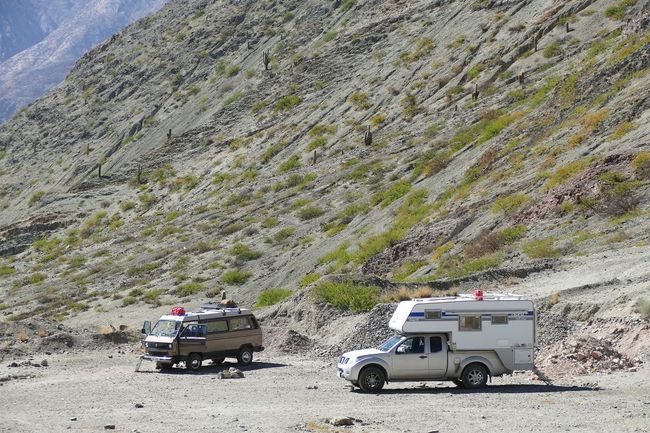
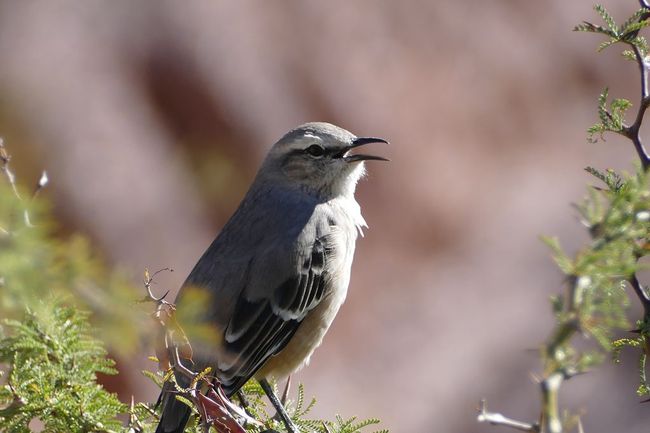
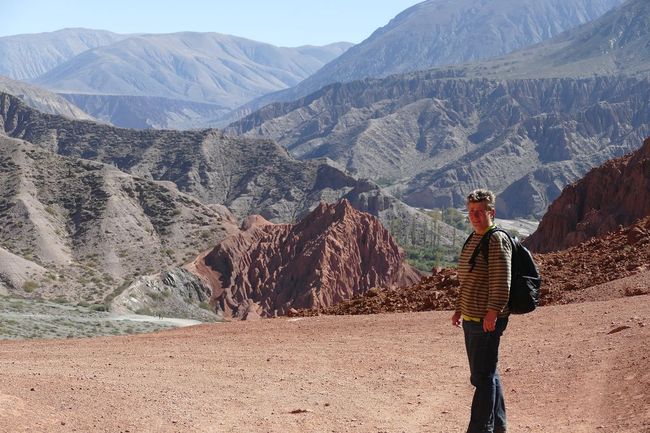
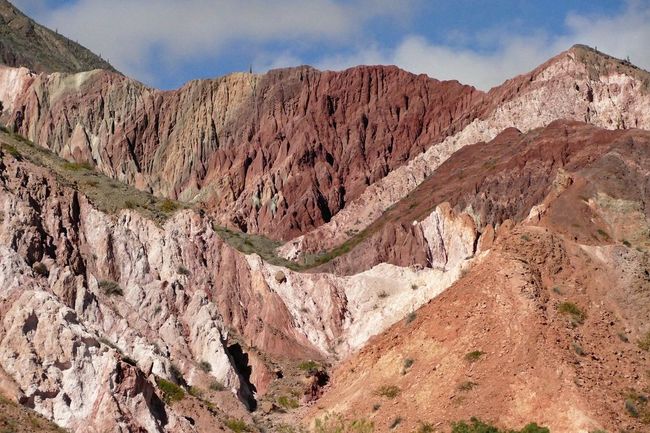
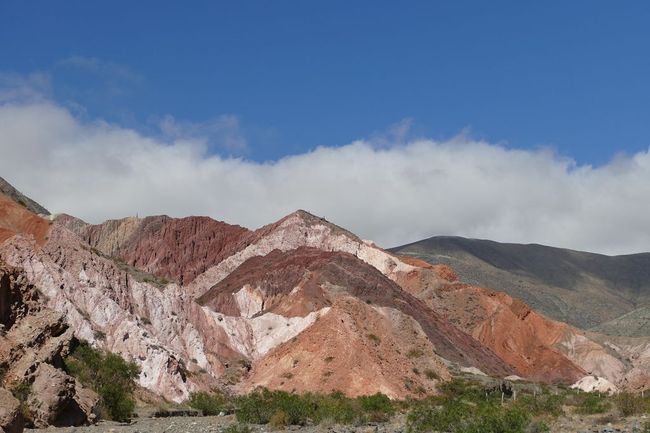
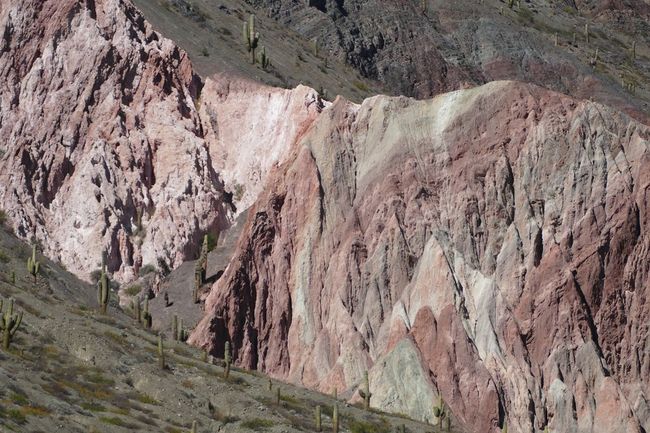
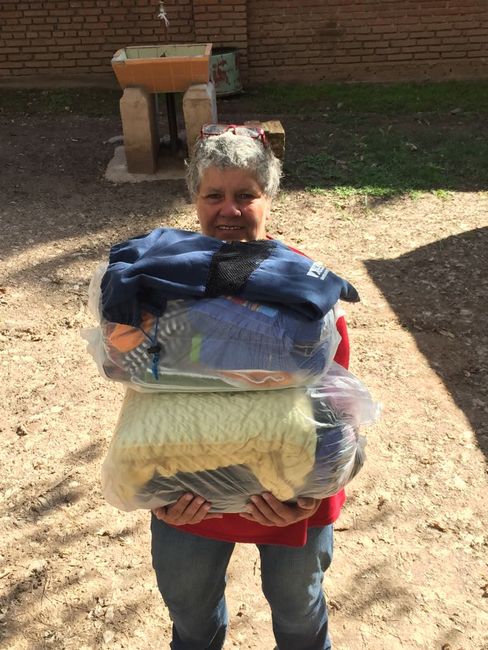
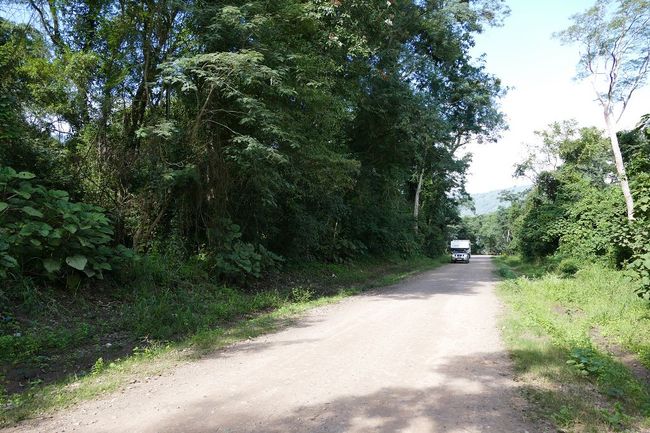
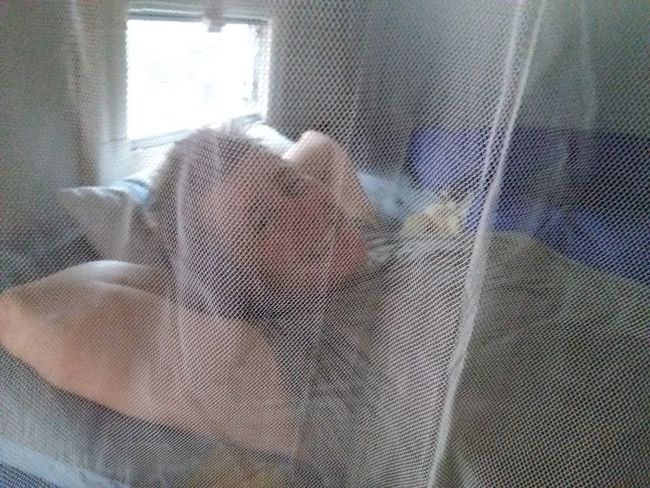
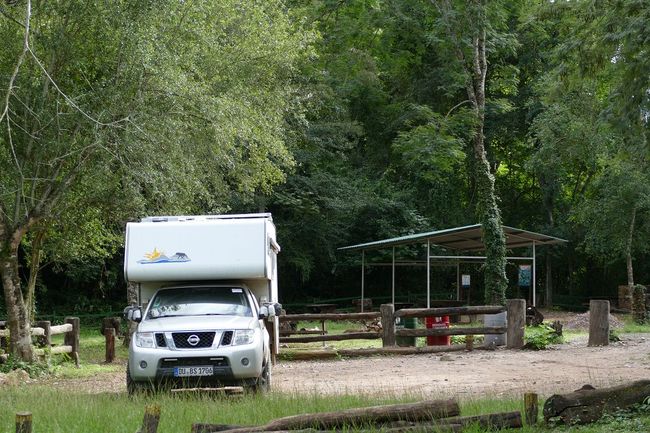
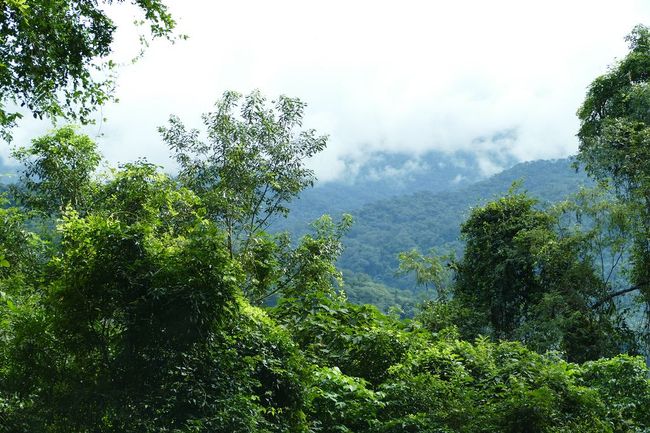
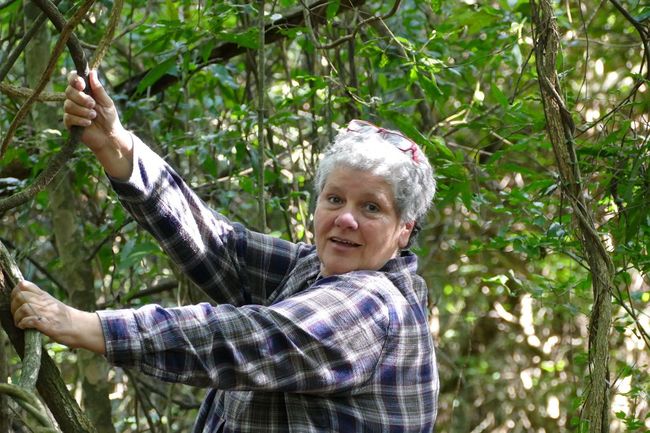
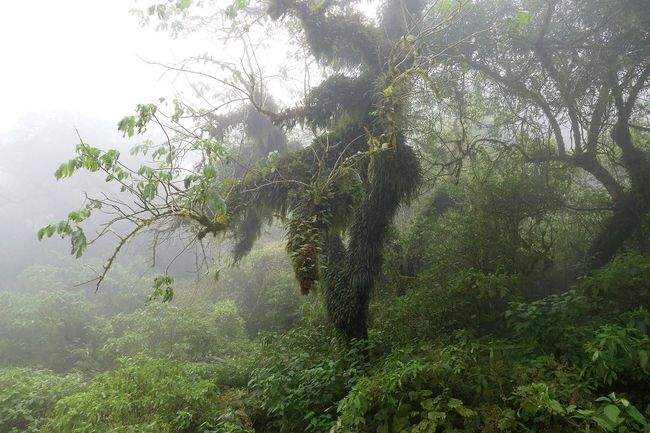
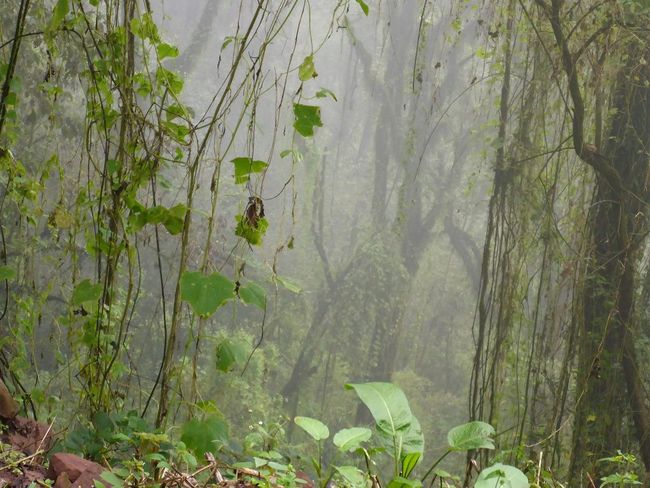
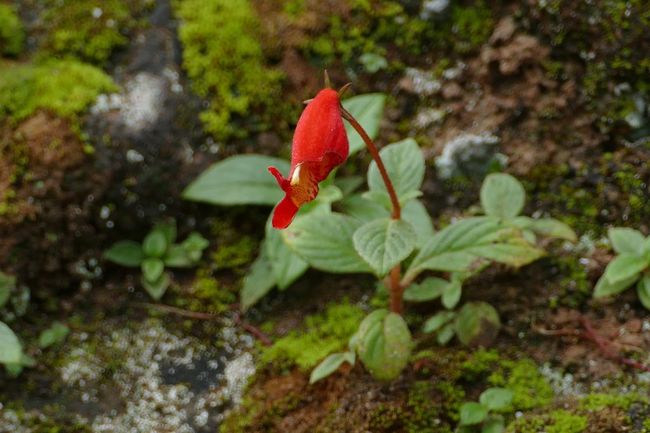
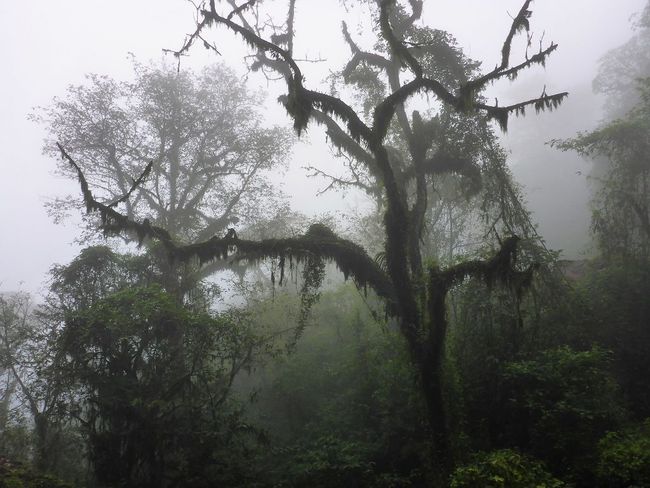
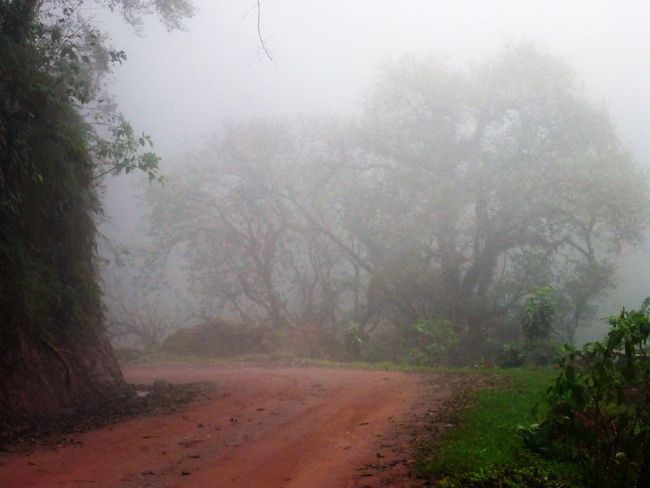
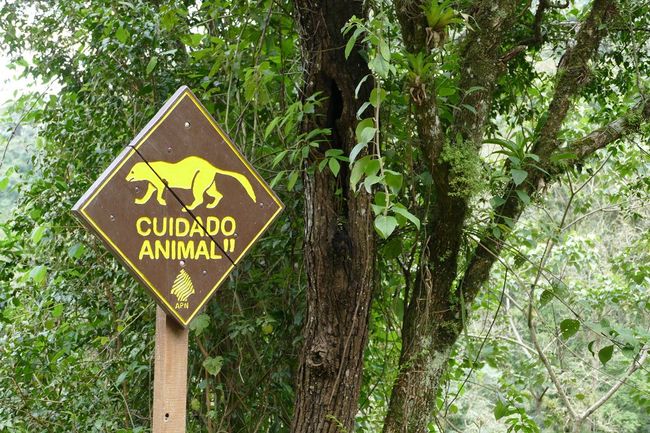
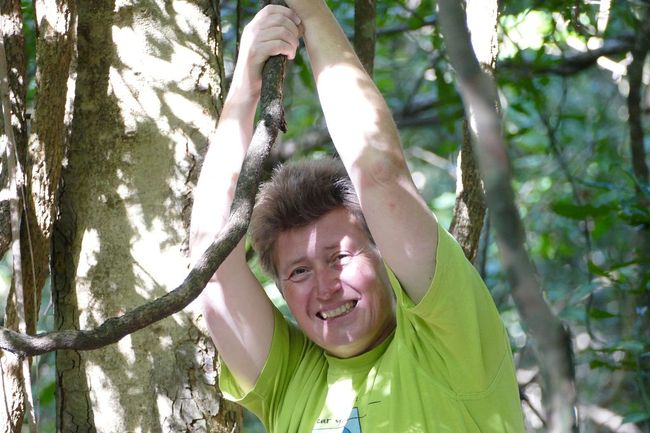
Tanysgrifio i'r Cylchlythyr
The city of La Quiaca greets us in the morning after our night at the gas station with a total power outage, and since we urgently need diesel, we have no choice but to wait until the gas station has power again. We take a walk through the city, which is really bleak even with electricity, so we are happy when refueling is finally possible around 2:00 p.m. But now let's get going. We want to head towards Salta, but our first destination is the small town of Humahuaca, namesake of the landscape we are driving through, the Quebrada de Humahuaca. This unique, rugged landscape was formed by a river, and over time, the sedimentary layers eroded into colorful, wave-like patterns. The play of colors and shapes is truly impressive, and we enjoy the drive and arrive in the small town of Humahuaca late in the evening. We take a walk through the romantic streets and then stop at a typical local restaurant. While enjoying Locro, a stew made from corn, beans, potatoes, and meat, and a lamb dish, we realize that we have ended up in a Peña, which is a typical local place in this part of Argentina where people gather to play or listen to folk music called folklórica. Allegedly, the Argentinians love this folklórica almost even more than the tango, and we also really enjoy this passionate and enthusiastic music interpreted with flute, drum, and guitar on this evening.
The next morning, we explore the city again in daylight, stroll through the market, and marvel at the oversized Monumento a la Independencia - not simple but still tasteless.
Our next destination is Cerro de los siete Colores, the Hill of the Seven Colors, but before that, we make a stop in the small village of Uquía to visit the church and especially the paintings there. Where else can you see angels carrying muskets? Unfortunately, most of the paintings were under restoration, but the short stop was still worth it.
We decide to spend the night directly at the Cerro in order to take a short hike on the Hill of the Seven Colors in the evening sun. When we arrive, there is already a Canadian camper parked there, which we like because sometimes it can be eerie to be all alone in the wilderness. We haven't even properly parked when a young woman introduces herself to us, and minutes later, the four of us are engrossed in a lively conversation. Hiking is no longer an option, and soon we are sitting together in the Dubs and nearly emptying all of our alcohol supplies. Eliza and JP emigrated from France to Canada a few years ago due to job offers and are now traveling with an old VW bus along the Pan-American Highway. The next morning is quite cold, so we gather for a joint breakfast in the Dubs before finally embarking on our hike in the morning sun.
Due to the hike and perhaps also the night of revelry, we are a bit depleted, so we decide not to drive too far and treat ourselves to a night at a campground. In Yala, we find delicious empanadas at a small roadside shop and also a campground with hot showers and a laundry service! That is true luxury when you can simply drop off your dirty laundry at the reception and even specify what should go in the dryer and what should be hung on the clothesline. And the next morning, everything comes back clean, dry, and folded. It is actually priceless but also quite affordable here.
Rested, clean, and with fresh laundry, we think that Salta can wait a bit and that we first want to explore the Yungas a little more. The Yungas are the subtropical mountain and cloud forests on the eastern slopes of the Andes, and in the Calilegua National Park, a 22-kilometer-long road leads from 500 meters to 1,700 meters, passing through three types of forests. We can leave the car and take short hikes or walks from time to time – if we can withstand the mosquitoes and sandflies. We make our car mosquito-proof, protect our bed with extra mosquito nets that we have prepared Dubs-style at home, and thus spend a night without mosquito bites. The drive through the mountain forest up to the clouds is quite exciting, not so much because of the flora and fauna, although they are also spectacular, but more because of the condition of the road. But by now, we are experienced 4x4 drivers, so steep curves, slippery clay tracks, and bumpy crossings hardly bother us anymore. Occasionally, we walk a stretch to experience the jungle not just from the car, but unfortunately, neither birds nor pumas, jaguars, or ocelots want to show themselves. Nevertheless, we find it beautiful, but we are not really in the mood for another night in the jungle camp, so we finally head to Salta.
Tanysgrifio i'r Cylchlythyr
Ateb (3)
Kerstin
Die Yungas sind ja toll!! Sehr schöne Fotos. Auch wie man sich über die frische Wäsche freuen kann, wo man sonst gar nicht drüber nachdenkt. Mit dem Leuten aus Kanada fällt uns auch gleich wieder Norwegen ein☺! Lg und gute Fahrt von uns beiden! anna
Hach schöne Erlebnisse ... weiterso !!!Christa
Seid mal froh, dass sich Puma, Ozelot und Jaguar nicht haben blicken lassen. Für die wäret ihr eine gute Mahlzeit gewesen und dann wäre der Dubs sehr einsam gewesen und Eure Freunde traurig. 